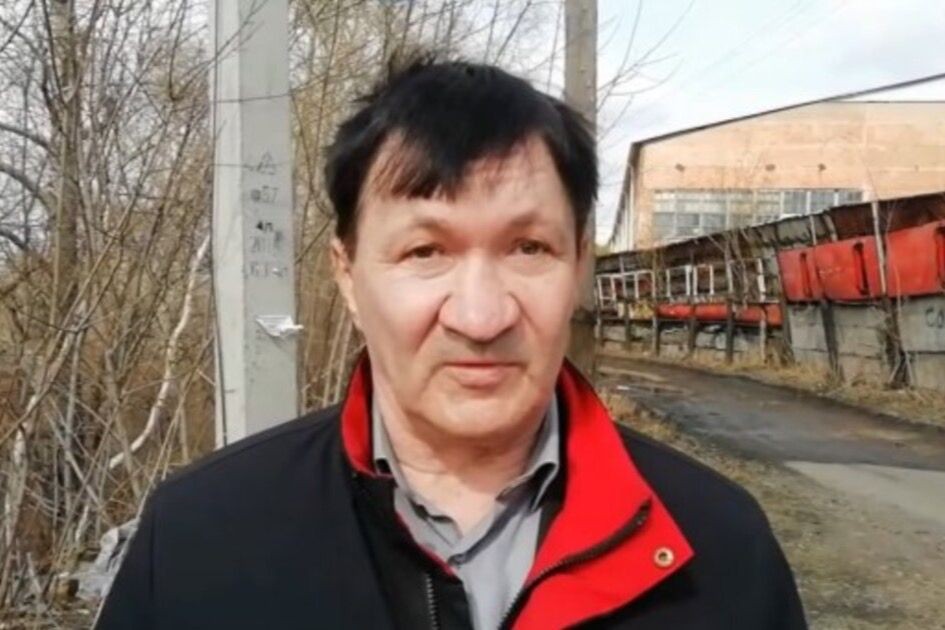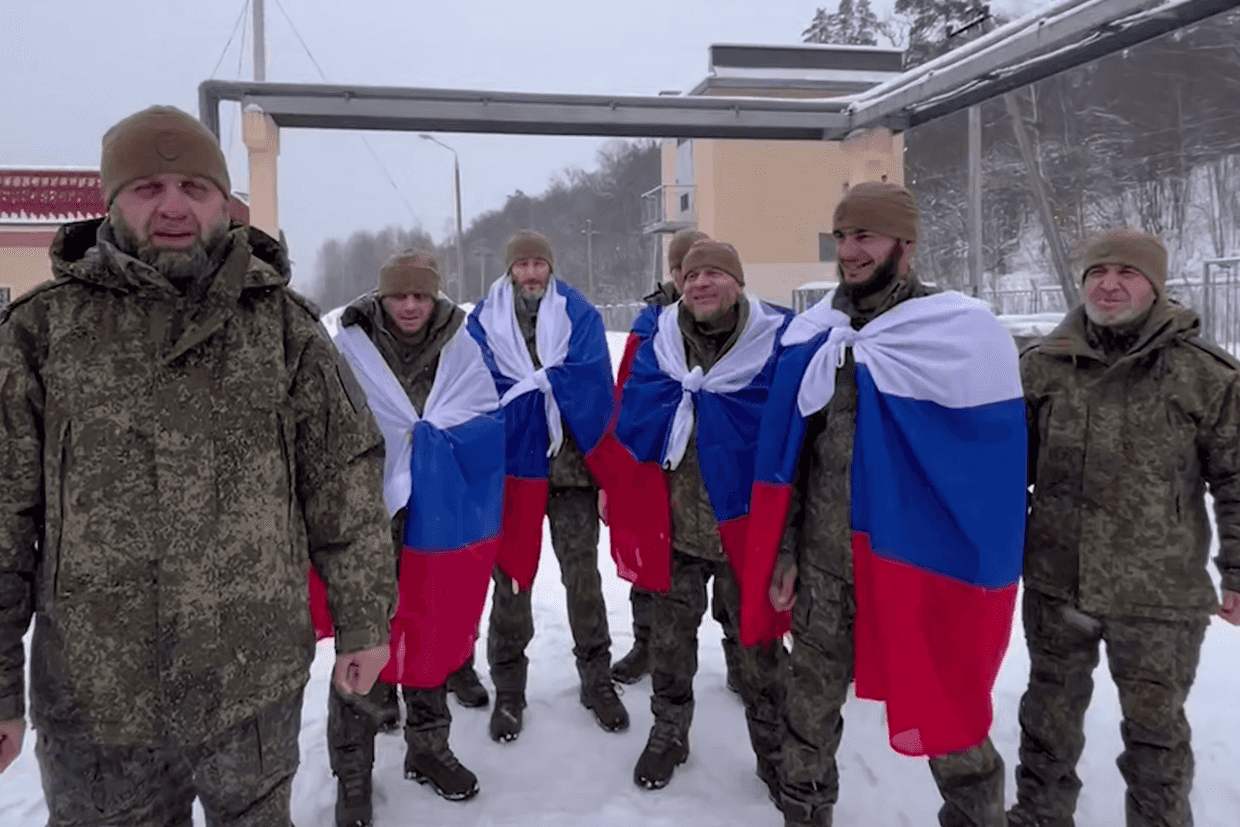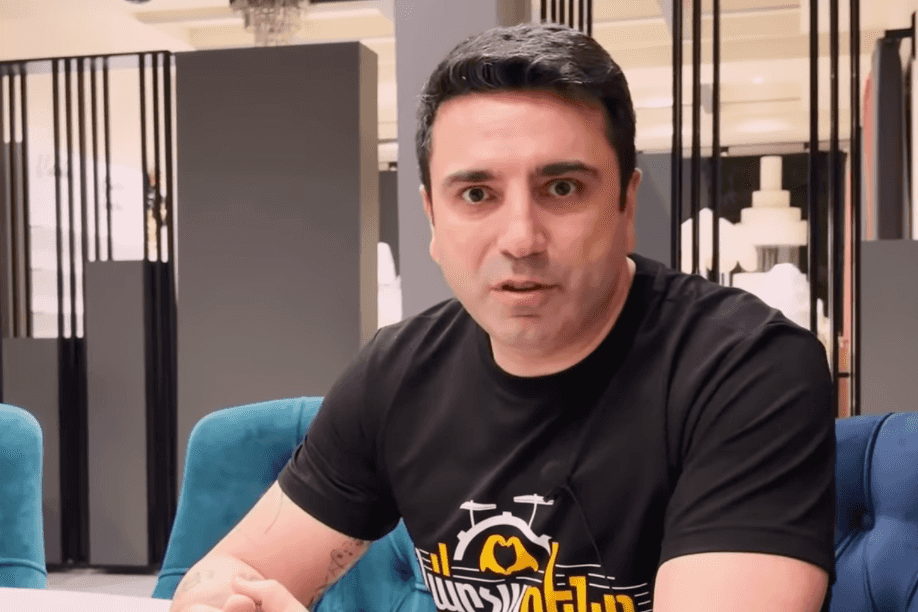Activist imprisoned over comment on Akhmat Kadyrov’s assassination recognised as political prisoner

Oleg Tyryshkin, a trade union activist from Kuzbass, in Russia’s Kemerovo region, has been recognised as a political prisoner by the human rights project Memorial. Previously, a Russian court sentenced him to two years in a general-regime penal colony over a negative comment about Akhmat Kadyrov, the first pro-Kremlin president of Chechnya.
According to Tyryshkin, the criminal case was prompted by his reply on the social network VKontakte to a post about the death of Akhmat Kadyrov in an explosion at a stadium on 9 May 2004. In his response, Tyryshkin wrote: ‘They blew him up — serves him right. He killed many Russian soldiers’.
Tyryshkin was detained on 27 March 2023 in Kemerovo’s Anzhero-Sudzhensk, while undergoing treatment at a local hospital, and was charged with justifying terrorism. In May 2023, the Federal Financial Monitoring Service (Rosfinmonitoring) added him to the list of terrorists and extremists.
The criminal proceedings concluded with Tyryshkin being found guilty and sentenced to two years in a general-regime penal colony. According to human rights groups, the appellate court upheld the sentence.
On Tuesday, Memorial stated that the sentence violates Tyryshkin’s rights to freedom of expression and to a fair trial, while calling for his immediate release and for the cessation of criminal prosecution. They additionally noted that the charges did not match the text of the comment, highlighting that there were no calls for violence nor an endorsement of terrorist ideology, only a personal evaluation of historical events.
‘The article on justification of terrorism is often used to persecute dissenters. We believe that the prosecution of Oleg Tyryshkin is connected to his many years of civic and political activity’, Memorial wrote on Telegram.
Tyryshkin, a former miner, has a history with activism. In the 1990s, he actively participated in protest movements, including blocking the Trans-Siberian Railway. In the 2000s, he headed the local branch of the Liberal Democratic Party of Russia (LDPR). After retiring, Tyryshkin continued to criticise the authorities on social media, which likely became the reason for his persecution. He has previously been fined twice for statements made online.
Akhmat Kadyrov became the first president of the Chechen Republic within the Russian Federation in 2003 and held the post until his death in 2004.
In the early 1990s, during the First Chechen War, Kadyrov supported Chechen fighters but later switched to the Russian side. He became one of the leaders of the movement to restore Russian authority in Chechnya.
Kadyrov died on 9 May 2004 in a terrorist attack at Dynamo Stadium in Grozny during Victory Day celebrations. Seven people, including Kadyrov himself, were killed in the explosion. Responsibility for the attack was claimed by famed rebel commander Shamil Basaev, who stated that he paid the perpetrators $50,000.
After his death, power in Chechnya passed to his son, Ramzan Kadyrov, who continues to lead the republic to this day.












